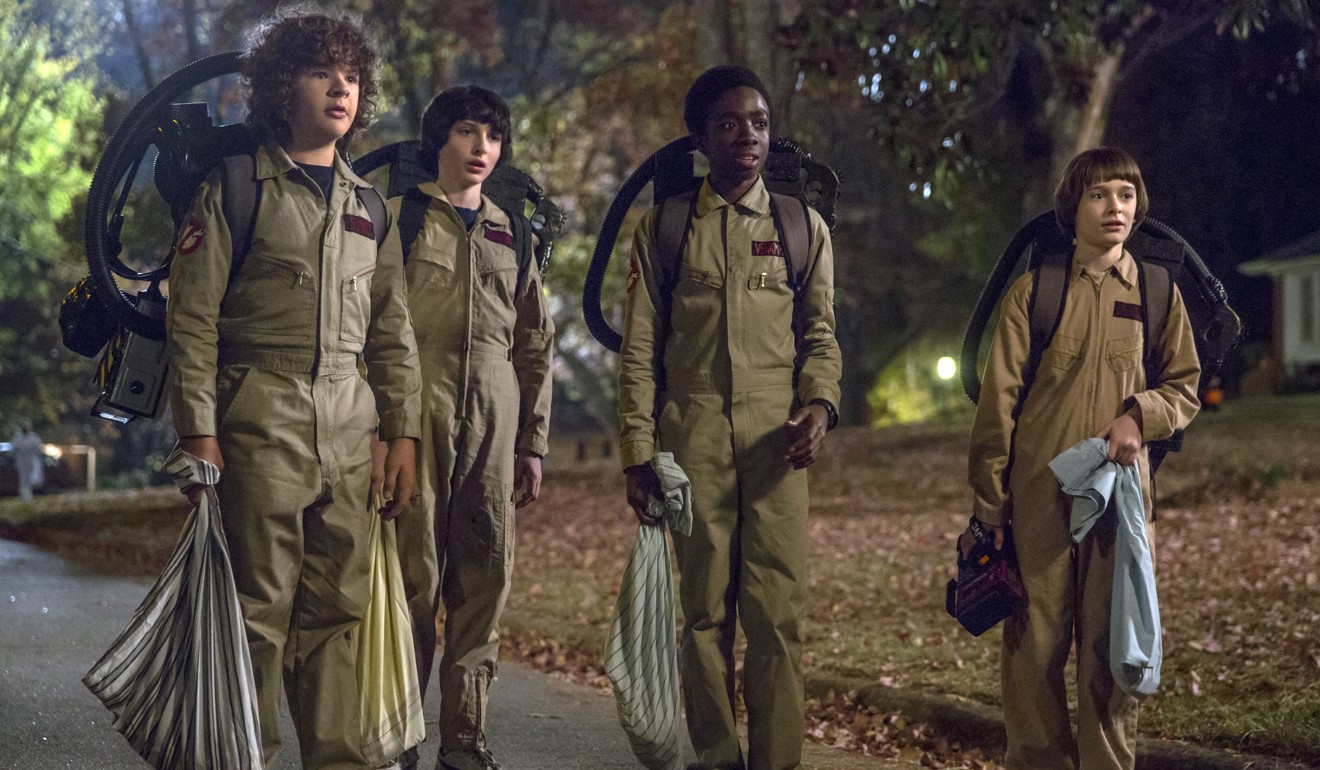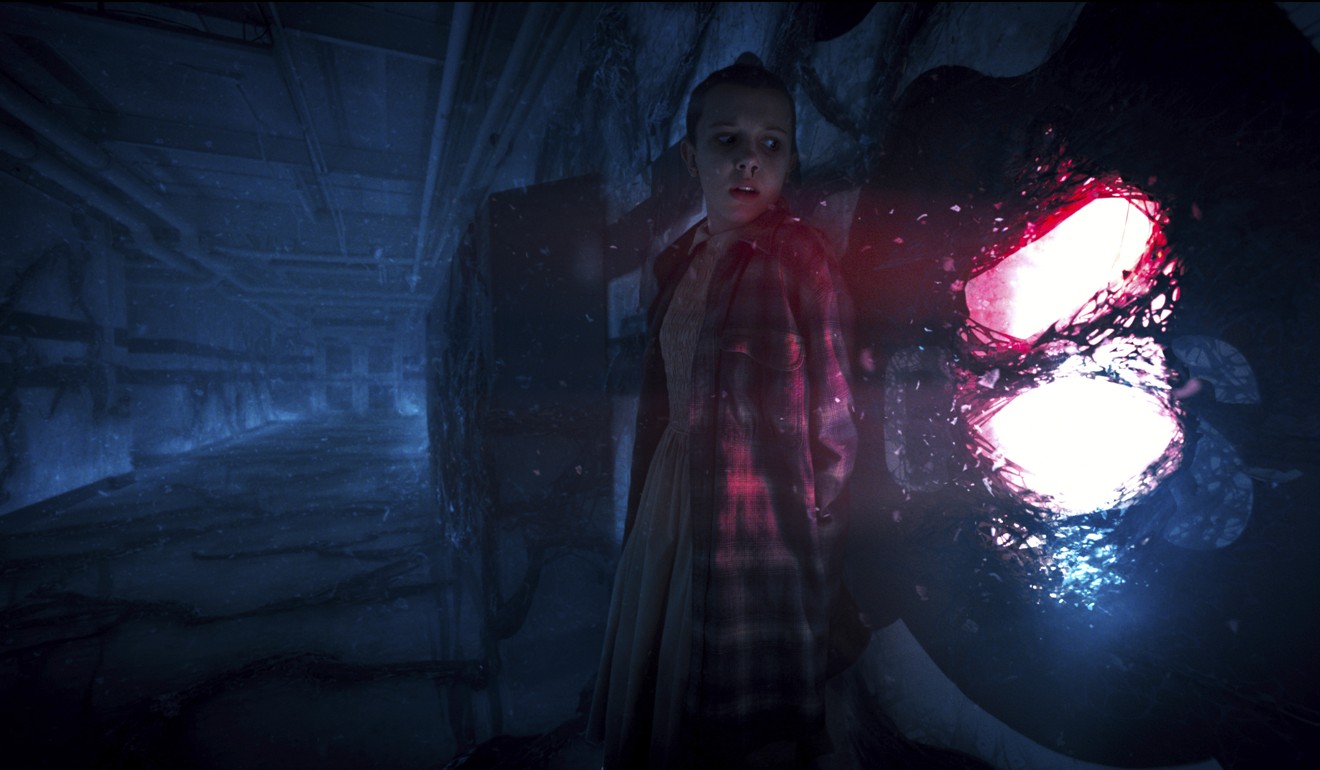
Stranger Things soundtrack composers, two ‘synthesiser guys’, try piano for first time in Netflix series’ season 2
Michael Stein and Kyle Dixon came to fame through scoring the first season of hit series Stranger Things. They talk about adding acoustic instruments and being free to explore tone and texture for the new series
“A real, physical piano,” Stein clarifies.
“With keys and strings, which is something we haven’t had prior,” Dixon adds.
Many composers may raise an eyebrow. What Grammy-nominated, Emmy-winning composing team wouldn’t already have a piano?
Until then, Dixon and Stein hadn’t needed one. The once-obscure duo based in Austin, in the US state of Texas, who rumbled into the mainstream in 2016 through their eerie work in the show’s first season, relied on the warm, humming tones of modular synthesisers to soundtrack the travails of Stranger Things’ adolescent detectives.
Perhaps unsurprisingly, Stein added that their new baby grand’s hammered tones have been so processed that viewers might have a tough time “even noticing that we’re using it to any degree”.
Stranger Things creators on Season 2’s new terror, the value of growth spurts and the endgame
A few years ago when they signed on to a then-unknown Netflix horror series created by Matt and Ross Duffer, Dixon and Stein had little idea how far their commitment would take them – that, for example, they’d wind up at Netflix parties with Laverne Cox, Robin Wright and Dave Chappelle.
“There have been so many things that have happened in the last year that it seems like three years,” Dixon says. He added with fake indifference, “It’s like, ‘Sure, I’ll go to a party where Kevin Spacey’s hanging out.’ Why not?”

“We were like, ‘Oh, sure’,” Stein said. “So then we had newspeople at the Moog lab.”
Adds Dixon: “It was a nice backdrop for an interview like that – ‘Oh, we caught up with these synthesiser guys at the synthesiser factory’.”
He and Stein are erstwhile members of the experimental electronic band Survive. Their work with the group – minimal, haunting, non-acoustic instrumentals – prompted the Duffer Brothers to reach out.
Netflix’s Stranger Things returns, here’s what you need to know about the Upside Down
Drawn to a vibe that recalls horror master John Carpenter’s synth-driven scores for films including Assault on Precinct 13, Halloween and Escape from New York, Stein and Dixon mostly forgo computer-based, cut-and-paste digital tones for anachronistic sounds that reference classic horror scores.
From the start, the Duffers gave the composers the freedom to experiment with tone and texture. “We got lucky,” Stein says, “and it makes it extremely fun.”

As well, the two were invited to make what Dixon called “a lot of terrifying story music”, which in season 2 commences with an intense opening scene. The kick-off required the score to be, in Stein’s words, “already stepped up a whole ‘nother level, and we have to keep that momentum through the series”.
As Stein continues, Dixon interrupts, worried that they’ll accidentally give away a plot point.
Pulling back, he tones down his enthusiasm and adds, “but there’s still a lot of melodic, warm, fuzzy stuff.”

